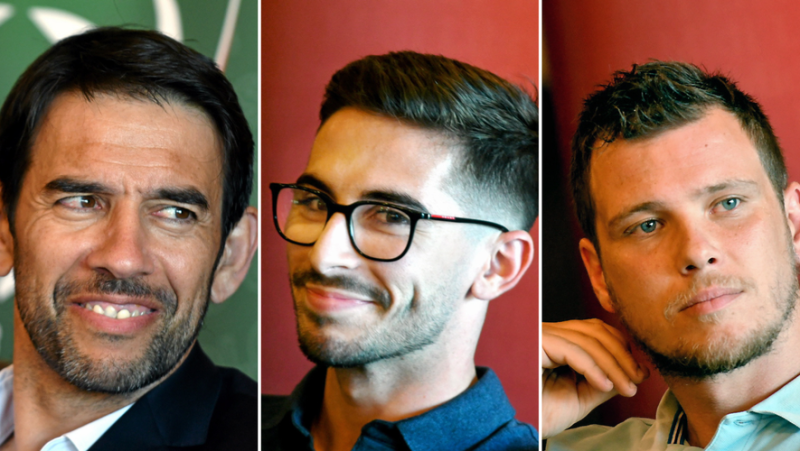Sport for the benefit of corporate health in the Gard, by what levers ?

Benoît Roig, president of Unîmes, Enzo Giorgi, high-level athlete, and Jonathan Dumazert, adapted sports teacher Midi Free – ALEXIS BETHUNE
Who says well-being, says good performance. This is now a managerial precept. And who says health, says sport. Corporate social responsibility (CSR) thus offers a lever for action to managers to improve the daily lives of their staff. But this problem depends on mental attitudes which extend beyond the sole power of action of companies, even into education, which is what we have highlighted the speakers of the evening of July 3 around the Midi Libre Eco Club.
Jonathan Dumazert is a director and teacher of adapted sports at the very young company Sport Santé Méditerranée. If "health sport" is practiced primarily on prescription for people with chronic illnesses or disabilities, the young business leader insists on the fact that increasingly, adapted sports are developing for health prevention in companies and that its practice must be encouraged: "We are trying to put in place three-month protocols among professionals based on recommendations from the High Authority for Health (HAS) or the World Health Organization (WHO), and in connection with communities or associations. We set objectives according to the groups and guide them so that they can really enjoy physical activity, in order to reintroduce it sustainably into their lifestyle ."
Jonathan regularly notes that goodwill is there but that due to lack of time, employees do not know how to organize themselves or who to turn to. From this need to feel supported and to be put in contact with a local fabric, his company was born: "And support in health prevention is a public health issue, if only to reduce mortality! People who practice regular sporting activity are, for example, four times less prone to strokes."
Changing cultures, even in teaching
Same observation for Enzo Giorgi, runner-up of the disabled world champion in saber fencing in 2020: "I have the chance to& rsquo;have a disability that is quite mild, but being around them, many have the impression that they cannot do anything in a wheelchair. But we can do within our means. The goal is for everyone to come up with what they can do, to challenge themselves. There is also educational work to be carried out, it is not just for people in their forties."
For Benoît Roig, president of Unîmes, this fight against the fear of underperformance takes place throughout school: "As they say at home sport is blood! The challenge is to make people understand that sport is good for your everyday life. And for us, it’s both at the level of our staff – I am not a company and ultimately I still have 300 people – that of our students that we must get this message across and above all offer the possibility of physical and sporting practice in the establishment."< /p>
By inaugurating equipped rooms (futsal, in particular), by offering activities on a case-by-case basis to students in distress and often isolated after the pandemic, the damaged social bond has gradually been restored. recreated. To the point that the system has also been maintained. So many avenues to consider at a time of democratization of teleworking.
I subscribe to read more




